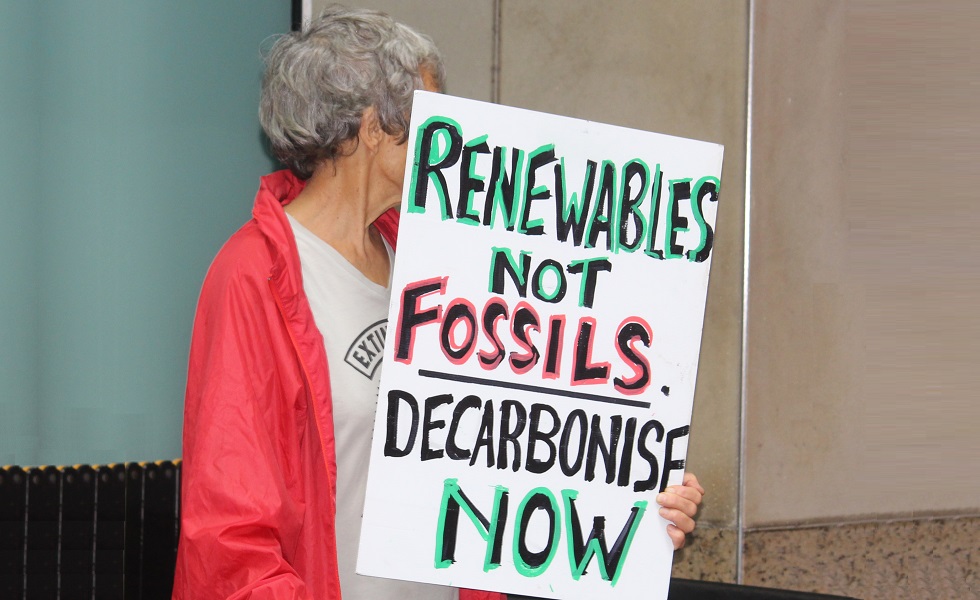InfluenceMap: Which corporate climate lobbyists are at COP29?

Cross-referencing the UNFCCC-disclosed list of registered attendees against InfluenceMap’s database on corporate lobbying illuminates the corporate climate policy landscape at COP29. These findings reflect a pitched battle between companies in the fossil fuel value chain that oppose science-aligned policy action, and a growing list of highly positive, strategically engaged companies, or ‘climate policy leaders’.
The influence and impact of fossil fuel interests on UNFCCC proceedings has again become a hot topic at COP29. InfluenceMap’s analysis suggests that, although the proportion of companies of attending COP that demonstrate science-aligned policy engagement has almost doubled (from below 10% of corporate representatives in 2023 to almost 20% in 2024) a powerful minority of very active and influential companies and industry associations from the fossil fuel value chain are well represented at the COP proceedings again this year. These entities are likely to be using their access to oppose progress on climate from within the confines of the event.
- The companies assessed by InfluenceMap with more than 10 COP29 delegates that have the most negative climate policy engagement include ExxonMobil, Gazprom, Petrobras and Lukoil. Other negative companies with smaller delegations at COP29 include Chevron, Eni, BMW, JBS, JFE Steel, Nippon Steel Corporation and Toyota.
- Countering this presence, companies with more than 10 COP29 delegates that demonstrate science-aligned climate policy engagement include Alphabet, SAP, Schneider Electric and SSE. Other positive companies with smaller delegations at COP29 include Unilever, Trane Technologies, Acciona, Vestas, Microsoft and Iberdrola.
- Industry associations are also well represented at COP29 and play a critical role in the national climate policy and regulatory process, often engaging more strategically and effectively than individual companies. They could have significant influence over the countries take during the negotiation process.
- InfluenceMap’s analysis indicates that 1/3 of industry associations attending COP29 covered by the LobbyMap database oppose science-aligned climate policy. Less than 1/6 of industry associations in attendance demonstrate support for science-aligned policy. This reflects the fact that industry associations appear more often than not to take a ‘lowest common denominator’ approach to climate policy advocacy, representing the voices of their most oppositional (and often larger) members over those that take more science-aligned positions.
- The list of industry association COP29 attendees includes some of the most influential and negative entities covered by the InfluenceMap database, including The US Chamber of Commerce, the American Petroleum Institute (API), The Canadian Association of Petroleum Producers, the Japan Iron and Steel Federation (JISF), and the Federation of German Industries (BDI).
- On the positive side, there are organizations attending COP28 that are actively seeking to counter fossil fuel value chain influence over the event and are gaining increasing traction, although both their presence and influencing power are relatively smaller. These groups, which generally represent the growing renewable energy sector, include the Solar Energy Industries Association (US), Smart Energy Council (Aus), American Clean Power Association (US), WindEurope and SolarPower Europe.










